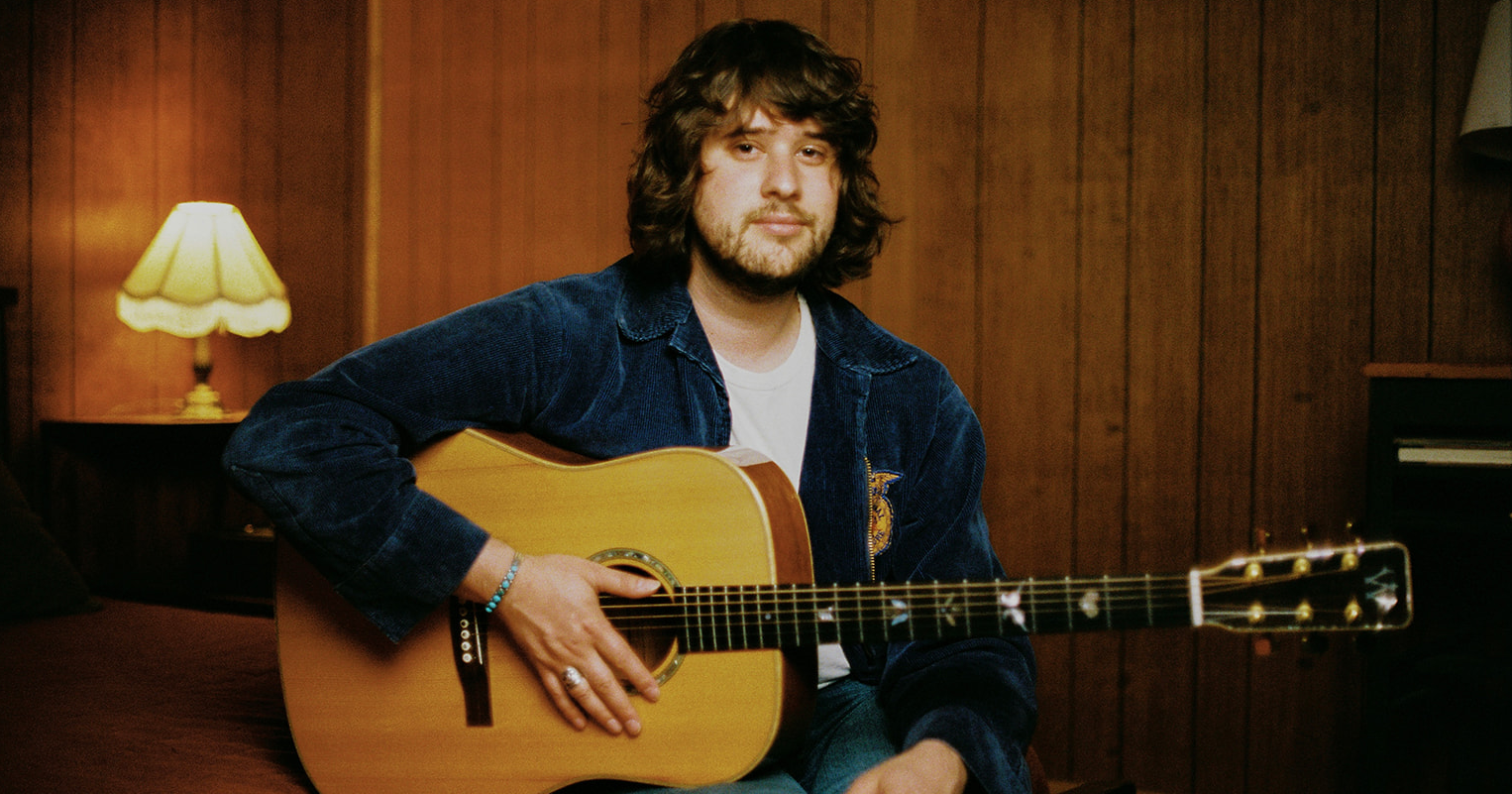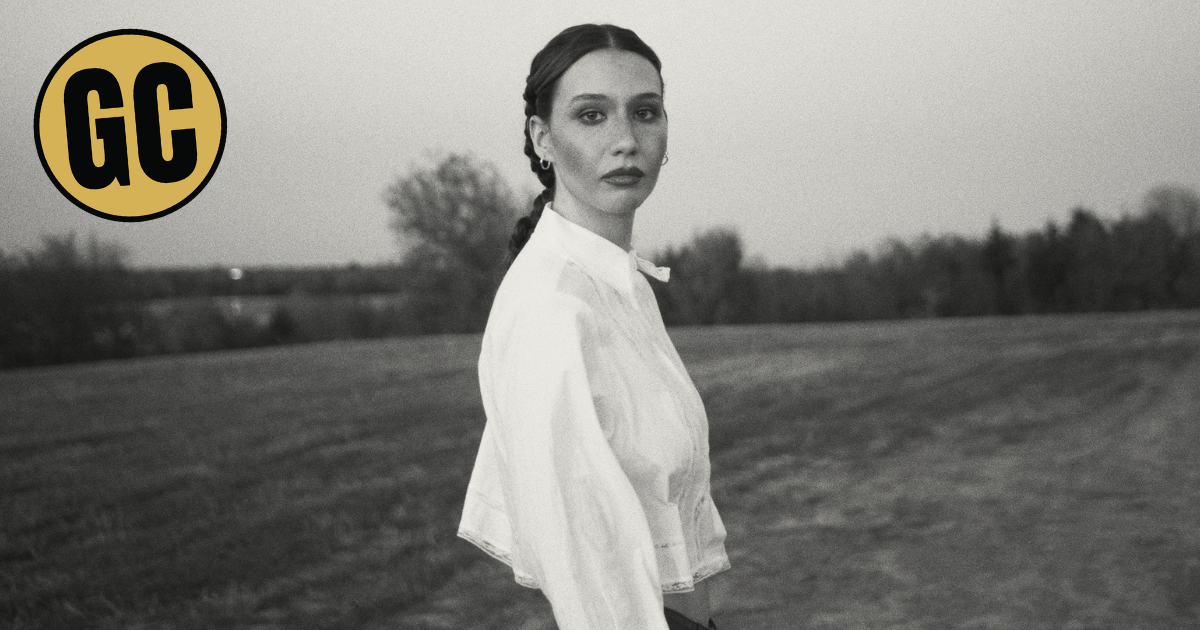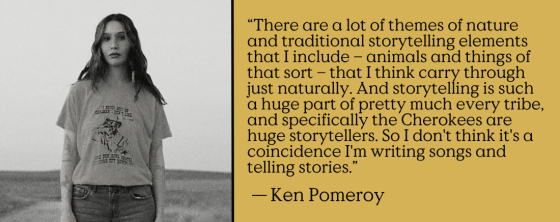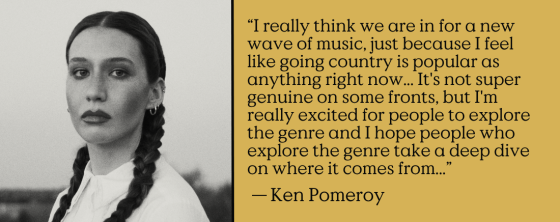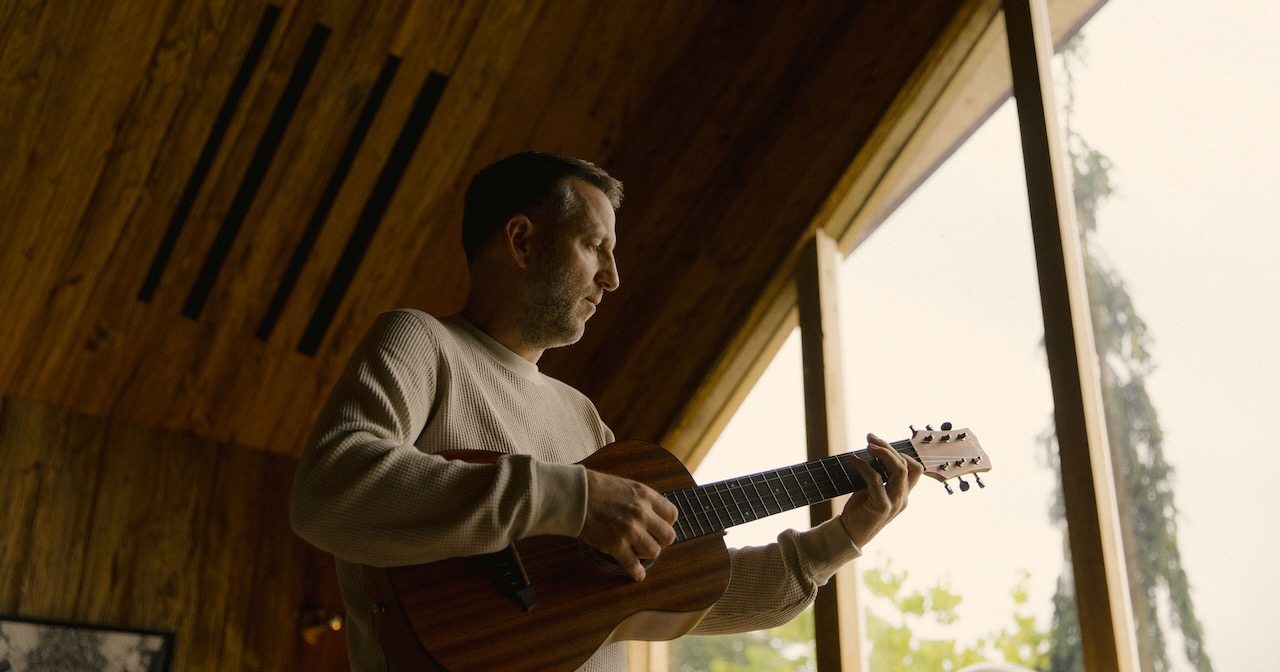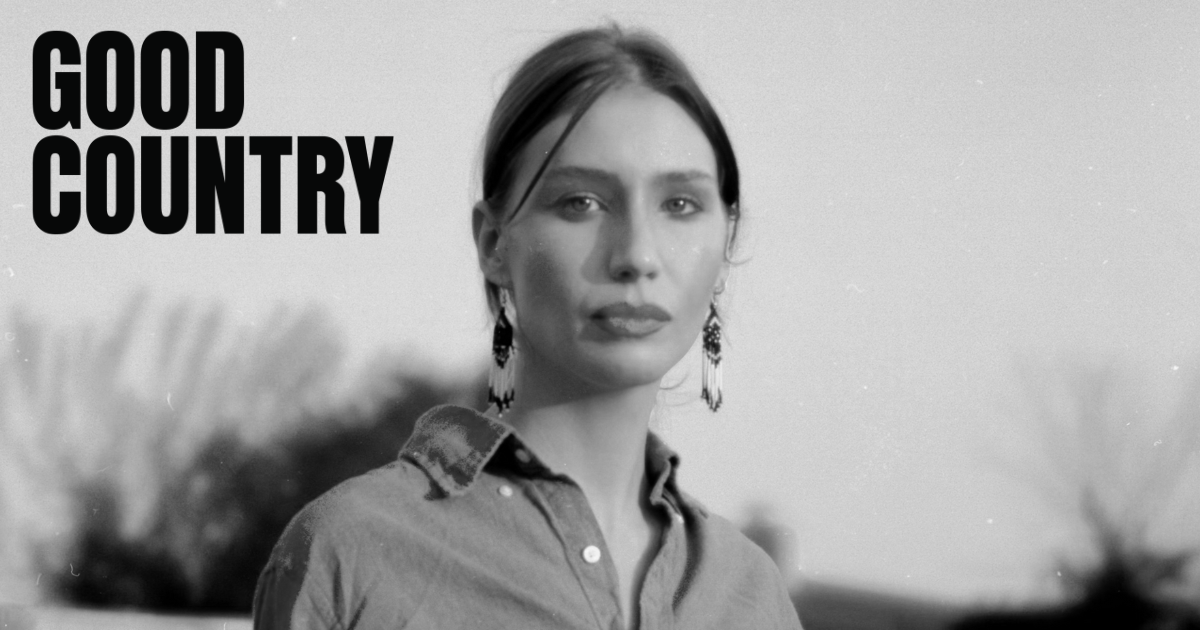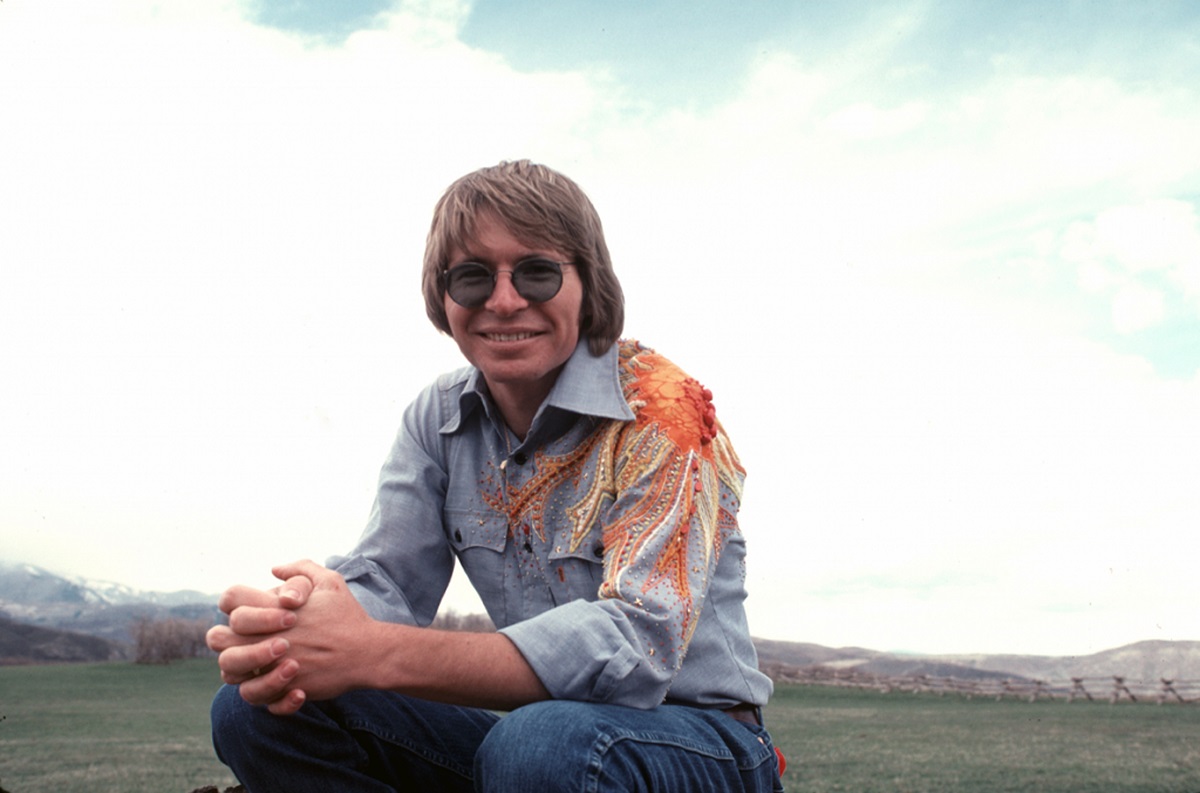Six years ago, I found myself in the hospital for a period of a few weeks with a mystery illness, unsure of whether or not I would make it out alive. I did survive, of course; but the experience changed me fundamentally. It brought me closer to many of my heroes, both living and dead, who have walked before me, people who know a whole lot more about life and its passing than I do. As near-death experiences do for many, it led me to live differently, cherishing each present moment and honoring life’s transitory nature rather than fearing it. Retrospectively, it was a gift, because it helped me to realize that I have been fortunate to have been given a free life and my hope is to use my experience of healing to help others heal too.
My new album, Streets Of September, marks my reflection upon the anniversary of that life-altering event. It is a collection of songs that, to me, honor the beauty of being alive and the magic of alchemizing grief into something beautiful, created out of thin air in the moment we have before us. It is an ode to brevity and the wonder that can be found there: to be appreciated for a moment before being washed away.
As I have navigated the path of healing myself, these songs have served as anchors during some of the darkest of times. They are beacons of light I’ve looked to when I was uncertain of how to shift my consciousness from a place of grief to one of hope. We are all growing and healing one day at a time, and everyone else’s reality is as real to them as our own is to us. Wherever this music may find you, my hope is that there may be something here to give you the courage to press on, to continue on your journey, whatever it may be. – Jack Schneider
“Looking For Space” – John Denver
I first discovered this song when I was in middle school. That was a dark time for me. I felt different and yearned for a place to belong, wondering if it was something that even existed. This song helped me to look inward, to find peace in the home within my heart. As I continue to grow up I keep coming back to it. It reminds me to stay true to that journey, to open myself up to the space of my soul. It’s not about arriving at that place. Ultimately, it is about the continuous practice of aiming for something that we know we will never reach within our consciousness, but that the growing is what makes us who we are, stronger and more resilient, committed to the path as it disappears, which is how we can tell that it is the right one.
“Secret Of Life” – James Taylor
My parents took me to see James Taylor perform a solo acoustic show when I was nine years old. He played this song and the idea of the “secret of life” stuck out to me. At that age I barely knew what living meant. I’m still not sure I do. But coming back to that song now, having survived a near-death experience, it has more depth than I ever could have understood before. Our task in being truly present and grounded is through the power of the now and “enjoying the passing of time.” No matter how dark or difficult the road gets, nothing is forever, and if we can remember to shift our awareness and accept the unfolding of things in the time that they are meant to unfold, we can surrender to the joy of living and experience the full extent of our aliveness.
“Sweet Seasons” – Carole King
When I was growing up, my mom had an art studio in our house that she used to paint in. Every now and then I’d get to go hang out with her in there and we’d listen to music together. My mom put this song on a lot back in those days and hearing it reminds me of those special memories, of being encouraged to connect deeply with my creative energy. “Sometimes you win, sometimes you lose/ And most times you choose between the two…”
The older I get, the more I realize that we really do get to choose how we show up to the present. The hope is to be able to embrace the passing seasons as they come and go and find the beauty in watching life flow.
“I Got A Name” – Jim Croce
Jim Croce was one of my first musical heroes. I can’t remember how I found my way to his music, but his songs sound as if they always existed. I especially love this one, largely because of the last line of the chorus, “Moving ahead so life won’t pass me by.” Healing is not a linear journey and the dark times are necessary to help build and reveal our character. Time continues to pass and it is in the forward motion that we find ourselves connected to the magic of life, continuing to be reborn every time we open our eyes.
“That Lucky Old Sun” – Big Mama Thornton
A favorite song of mine and my favorite version of it. Perfect in every way.
“Shine A Light” – Rolling Stones
This was my grandmother’s favorite song. At her request, we played it at her funeral. She used to quote the lyric all the time, “May every song be your favorite tune.”
“If You Want To Sing Out, Sing Out” – Cat Stevens
My dad first showed me this song, and I’ve always loved the simplicity of its message.
“Go Wherever You Wanna Go” – Patty Griffin
I remember listening to this song leaving home, on my way to college. I cried so hard. The possibilities of the future were endless. And with that came the necessity to accept the changes happening around me and within me and the loss of the grounding presence of my family and the home I knew. I was bound to chase my dreams with tremendous uncertainty, hunger, and hope.
“One Of These Days” – Emmylou Harris
I love the line in the chorus of this song “ I won’t have this urge to go all bottled up inside.” Writing and singing songs is my outlet for processing my emotions, but I often struggle to create the space to bring them to light in my day to day life. Growing is recognizing where or who you hope to someday be, and then each day waking up and striving towards that dream, one moment at a time.
“Good Again” – Sunshine Grocery
“For us, there is only the trying. The rest is not our business” – T.S. Eliot.
“Bells Of Harlem” – Dave Rawlings Machine
A song of hope and redemption, capturing the essence of the kind of clarity that comes through after a season of darkness. The sun rises again. “A little joy, at long last.”
“Pilgrim” – Steve Earle
I was fortunate to have been at the Grand Ole Opry a couple weeks ago when Steve Earle was inducted. After becoming a member, he chose to play this song. Emmylou Harris, Vince Gill, Don Schlitz, and Connie Smith sang it with him. It was such a special moment, and I am grateful to have witnessed that kind of history. We don’t know where our journeys will lead us, but the path is homeward.
Photo Credit: Annie Loughead
